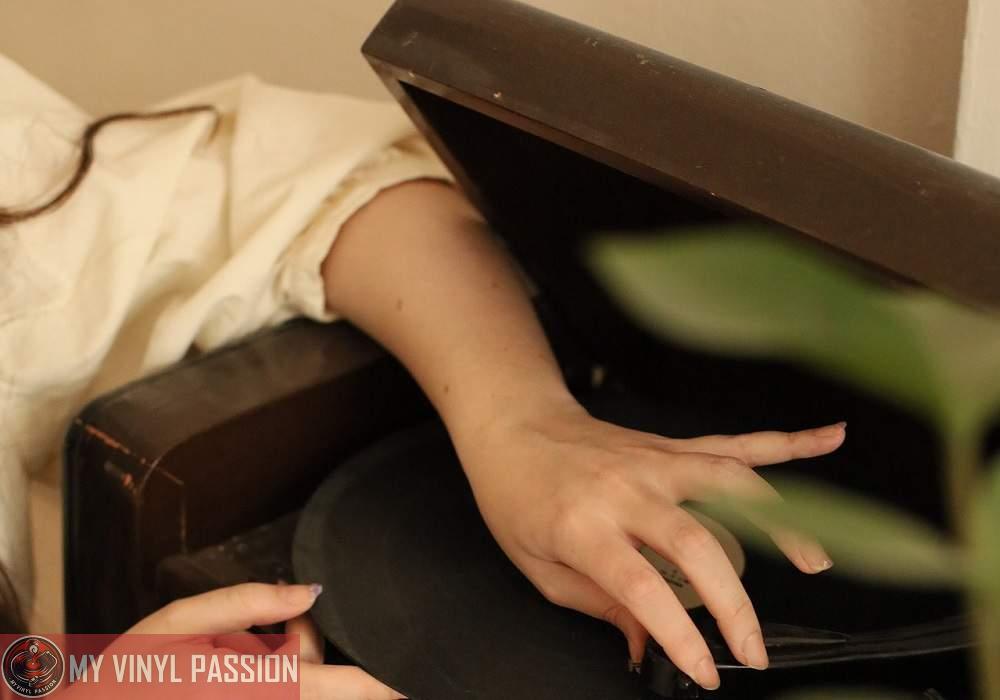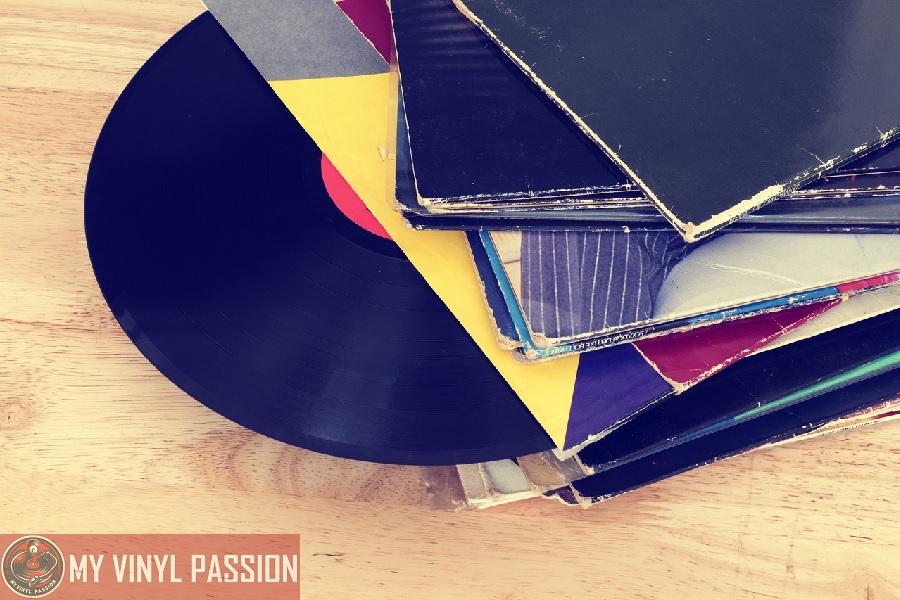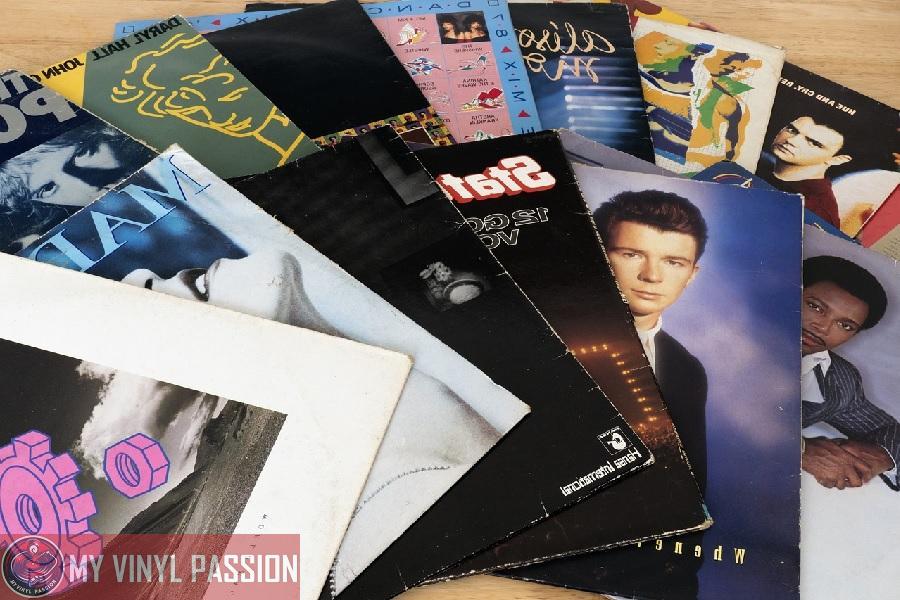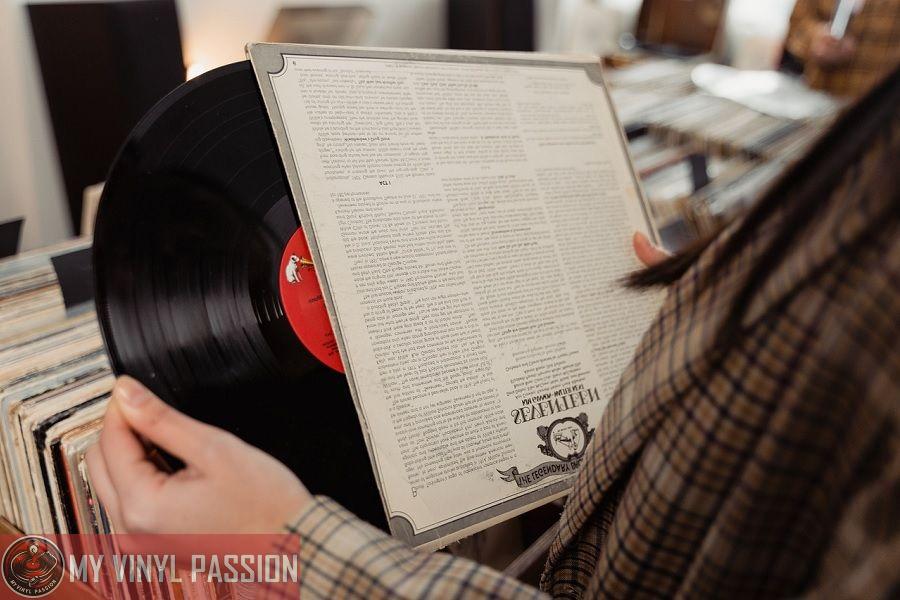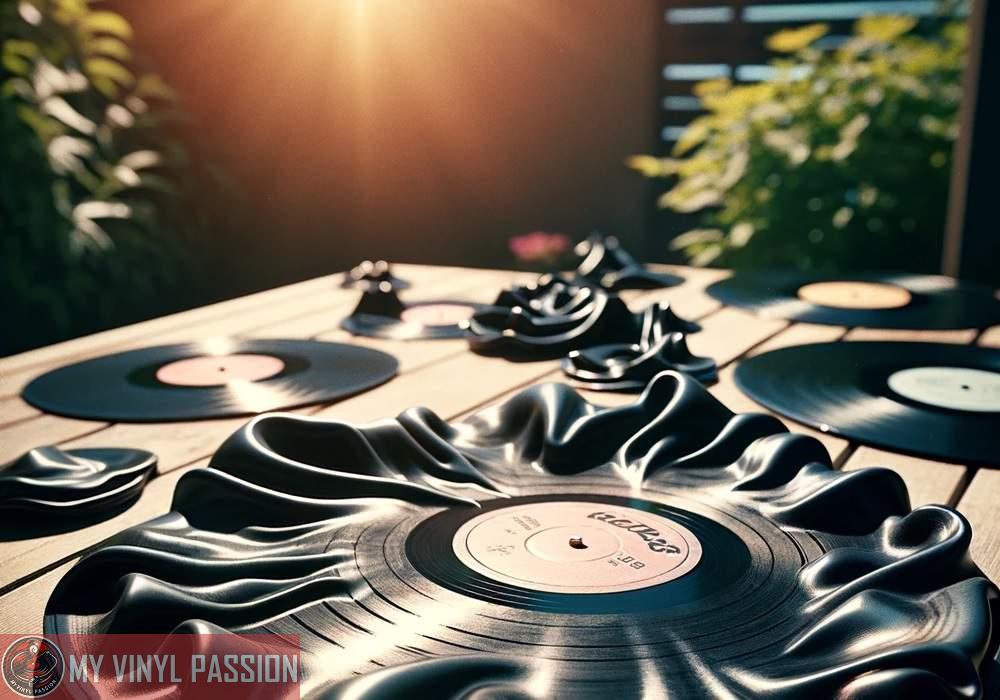Maintaining the quality of your vinyl records is essential not only to preserve their sound integrity but also to extend their lifespan.
Over time, dust, dirt, and fingerprints can accumulate on the surface of your records, causing pops, crackles, and other audio imperfections.
Cleaning vinyl records is a careful process, but you don’t need specialized equipment to get the job done.
In fact, you can effectively clean your records using common household items, ensuring your vinyl collection continues to provide the rich, warm sound that music enthusiasts cherish.
In Summary
Regular Cleaning is Crucial: Dust, dirt, and fingerprints can accumulate on vinyl records, leading to audio imperfections; regular cleaning is essential to maintain sound quality.
Record Cleaning Brush: Use a carbon fiber or soft-bristled brush specifically designed for vinyl records to gently sweep away dust and static from the grooves.
Soft Microfiber Cloth: Gently wipe the record’s surface with a clean, dry microfiber cloth in a circular motion along the grooves to remove surface dust.
Distilled Water and Isopropyl Alcohol Solution: Mix distilled water with a small amount of isopropyl alcohol (90% or higher) and lightly dampen a soft cloth to clean deeper grime without damaging the record.
The task of cleaning vinyl records should be approached with caution to avoid causing any damage.
Soft, lint-free cloths, distilled water, and gentle cleaning solutions can be employed to rid your albums of unwanted residue. It’s important to avoid using harsh chemicals or abrasive materials that could potentially harm the delicate grooves where the magic of music resides.
By using the right technique and some simple items you likely have at home, you can clean your vinyl records safely and efficiently, without the need for expensive commercial products.
Remember, the goal is not just about keeping your records looking pristine; it’s about ensuring that each play is as close to the original recording as possible. By regularly cleaning your vinyl records with care, you safeguard your auditory experience and protect your investment.
Whether you’re a seasoned audiophile or a newcomer to the vinyl scene, taking the time to clean your records will enhance your listening experience and keep your collection in optimal condition for years to come.
Understanding Vinyl Records and Cleaning Needs
To maintain optimum sound quality and longevity of your vinyl records, it is key to understand why keeping them clean is essential and what commonly affects their condition.
The Importance of Keeping Vinyl Records Clean
Your vinyl records can accumulate dust and dirt within their grooves, which not only degrade their sound quality but can also cause long-term damage.
Regular cleaning ensures the static that naturally builds up does not attract more debris and the clean grooves can accurately reproduce the intended audio. Caring for your records is crucial to preserving both the physical and auditory integrity of your music collection.
Common Types of Record Contaminants
The main offenders when it comes to contaminants are:
- Dust: Fine particles that can easily settle into the grooves of your records.
- Dirt: Larger particles that can be introduced from various sources, such as handling and environmental exposure.
- Oils: Natural oils from your skin can transfer to the record’s surface when handled improperly.
- Static charge: Vinyl can hold a static charge that attracts dust and other particles.
Understanding the nature of these contaminants is the first step in learning how to effectively use household items to keep your records in pristine condition.
Preparing to Clean
Before you start the cleaning process, it’s important to gather all the necessary items to ensure a smooth and effective cleaning session.
Use only the most suitable components for your DIY cleaning solution to prevent damage to your vinyl records.
Gathering Necessary Household Items
To start, you’ll need a few essentials:
- Microfiber cloths: Soft and lint-free, microfiber cloths are crucial for wiping the record without scratching it.
- Distilled water: Unlike tap water, distilled water doesn’t contain minerals that could potentially deposit on the vinyl and cause audio distortion.
Creating Your Own Cleaning Solution
Creating your own vinyl record cleaning solution is simple and cost-effective. Here’s a quick recipe:
- Mix 3 parts distilled water with 1 part isopropyl alcohol; make sure that the isopropyl alcohol is at least 90% concentration to avoid any water residue.
- Add a drop of dish soap (preferably without fragrances or dyes) to the mixture for its gentle, cleansing properties.
Be sure to mix the solution gently to avoid creating suds. Use the cleaning solution with a microfiber cloth, following the grooves of the record for the best cleaning coverage.
Step-by-Step Cleaning Guide
Keeping your vinyl records clean not only preserves their quality but also ensures the best audio fidelity when played. This guide will walk you through a thorough cleaning process using common household items.
Dry Cleaning for Surface Dust
Materials Needed:
- Soft anti-static brush
- Clean, dry microfiber towel
Steps:
- Brush Off Dust: Place your vinyl record on a clean, flat surface. Gently remove surface dust using the soft anti-static brush. Start from the center of the record and brush outward in a straight line to the edge.
- Wipe with Microfiber Towel: Follow up with a quick wipe using a dry microfiber towel to remove any remaining dust particles.
Wet Cleaning for Stubborn Dirt and Debris
Materials Needed:
- Distilled water
- Isopropyl alcohol (70% or higher)
- Spray bottle
- Microfiber towels or a soft, lint-free cloth
Steps:
- Prepare Cleaning Solution: In a spray bottle, mix a solution of 1 part isopropyl alcohol to 3 parts distilled water.
- Apply the Solution: Lightly spray the cleaning solution onto a microfiber towel or cloth. Do not spray directly onto the record to avoid damaging the label.
- Clean the Record: Gently clean the record with the dampened towel in a circular motion following the grooves. Be cautious not to apply too much pressure.
Drying and Final Touches
Materials Needed:
- Clean, dry microfiber towels
Steps:
- Dry the Record: After wet cleaning, carefully dry the record with a clean, dry microfiber towel. Similarly, follow the grooves in a circular pattern.
- Inspect and Remove Residue: Once the record is dry, inspect for any remaining dirt or cleaning solution residue. If necessary, give it a final wipe to ensure it’s completely clean.
By carefully following this guide, you can perform a deep clean of your vinyl records, enhancing their longevity and your listening experience. Remember, regular maintenance is key to preserving your collection’s pristine condition.
Caring for Your Vinyl Records Post-Cleaning
Once your vinyl records are clean, following specific post-cleaning steps will ensure their longevity and quality of sound. Here’s how to care for them properly.
Proper Storage Techniques
Always store your vinyl records vertically in a cool, dry place to prevent warping and unnecessary pressure.
Use acid-free inner sleeves to protect the delicate grooves from dust and static. For the outer sleeve, opt for one that is made of polyethylene, which is gentle on your records. Ensure that each record is stored in its own sleeve to avoid scratches from other records’ edges.
Maintaining a Clean Play Environment
Keep the turntable and stylus clean for optimal playback. A dirty stylus can transfer debris to the clean record, affecting sound quality.
Minimize dust in the play environment by using a record cleaning kit before and after playing your records. Tools like anti-static brushes or a record cleaning cloth should be part of your kit.
These small measures will not only enhance your listening experience but also preserve your vinyl records for years to come.
Advanced Cleaning Techniques and Tools
Maintaining the pristine condition of your vinyl records is crucial for audio clarity and longevity.
An investment in advanced cleaning techniques and tools can yield an audibly superior and static-free listening experience.
Using Record Cleaning Kits and Machines
Investing in a record cleaning machine, such as a Spin-Clean, offers a more thorough cleanse than manual methods.
These machines often include everything you need: an anti-static carbon fiber brush, record cleaning fluid, and a system to safely rotate your vinyl.
The process typically involves placing your record within the device, applying the cleaning fluid, and then allowing the machine to gently scrub and remove grime without causing damage.
Record Cleaning Kits, on the other hand, provide a manual but effective way to clean your records.
A popular kit might include a specially formulated record cleaning fluid, a velvet brush or an anti-static carbon fiber brush to dislodge and remove dust particles.
Sprinkle a few drops of the solution on the brush and carefully wipe the record in a circular motion along the grooves.
When to Consult a Professional
If you possess rare or highly valuable vinyl, consider consulting a professional.
Experts in record maintenance will have access to high-end equipment, knowledge of the best practices, and they can address problems without risking damage to your collection.
Additionally, for persistent dirt or intricate restoration, an expert can provide services to revitalize even the most neglected records.
FAQs
Can I use regular tap water to clean my vinyl records?
It’s better to use distilled water instead of tap water for cleaning vinyl records. Tap water can contain minerals and impurities that might leave residue or cause damage to the grooves.
Is it safe to use isopropyl alcohol for cleaning vinyl records?
Yes, isopropyl alcohol is safe for cleaning vinyl records, but it should be used sparingly. A solution of 1 part isopropyl alcohol (90% or higher concentration) to 3 parts distilled water is effective. Avoid using rubbing alcohol as it often contains additives that can harm the vinyl.
How do I dry my vinyl records after cleaning them with a wet solution?
After cleaning, gently wipe the record with a clean, dry microfiber cloth in a circular motion following the grooves. Allow the record to air dry completely before playing or storing it.
Can household items like dish soap be used for cleaning vinyl records?
A drop of dish soap can be added to your distilled water and isopropyl alcohol solution for its gentle cleansing properties. Ensure the soap is fragrance-free and dye-free to avoid leaving any residue.
What is the best way to remove static from my vinyl records?
Using an anti-static brush before and after cleaning your records can help reduce static. Additionally, maintaining a humidity-controlled environment where you store and play your records can also help minimize static buildup.
